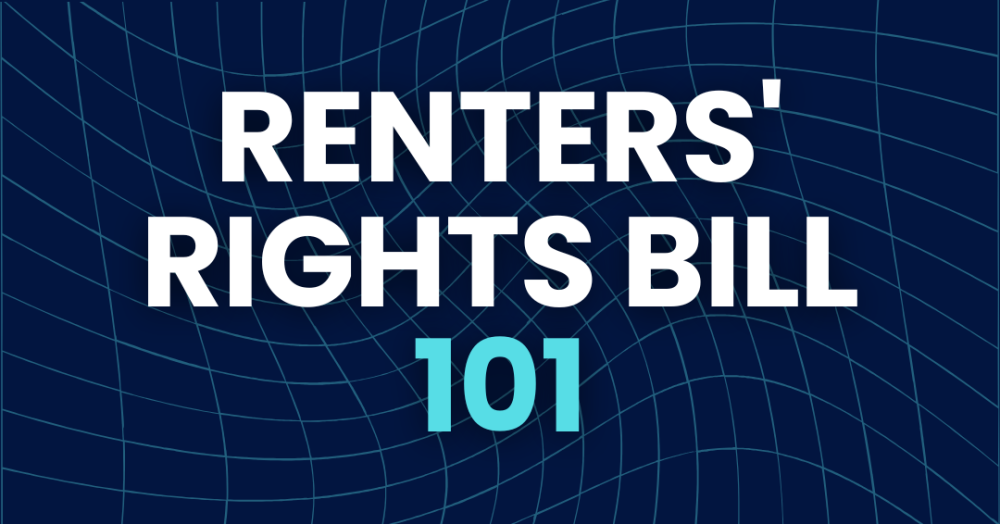
All you need to know about the Renters' Rights Bill
The Renters' Rights Bill, introduced by the Labour government in September 2024, represents a significant overhaul of the UK's private rented sector, aiming to create a fairer and more secure environment for tenants. This legislation introduces several key reforms that both landlords and tenants should be aware of.
Abolition of 'No-Fault' Evictions
One of the most impactful changes is the abolition of Section 21 'no-fault' evictions. Previously, landlords could terminate tenancies without providing a reason, leading to insecurity for tenants. Under the new bill, landlords must now provide a valid, legally defined reason for ending a tenancy, such as rent arrears or the intention to sell the property. This change enhances tenant security and aims to prevent unfair evictions.
Introduction of the Decent Homes Standard
The bill extends the Decent Homes Standard, previously applicable only to social housing, to the private rented sector. This means all rental properties must meet specific criteria to ensure they are safe, in good repair, and free from serious health hazards like damp and mould. Landlords are now legally obligated to address reported hazards within 14 days or face penalties, ensuring tenants live in well-maintained homes.
Prohibition of Discriminatory Practices
The Renters' Rights Bill makes it illegal for landlords to discriminate against prospective tenants based on their receipt of benefits or having children. This move seeks to promote inclusivity and ensure equal access to housing for all demographics, preventing unfair treatment in the rental market.
Regulation of Rent Increases and Upfront Payments
To protect tenants from unexpected financial burdens, the bill stipulates that rent increases can occur only once per year, with landlords required to provide two months' notice before implementing any change. Additionally, the practice of demanding large upfront payments is curtailed, with a cap set at one month's rent. This measure is designed to prevent landlords from charging tenants large upfront fees, making housing more accessible and affordable.
Establishment of a Private Rented Sector Ombudsman
A new ombudsman service will be introduced to provide fair, impartial, and binding resolutions to disputes between landlords and tenants. This service offers a quicker and more cost-effective alternative to the court system, aiming to resolve issues efficiently and uphold the rights of both parties.
Implementation Timeline
The Renters' Rights Bill is expected to become law by the summer of 2025. Landlords and tenants should use this time to familiarise themselves with the new regulations and prepare for their implementation. Landlords, in particular, should review and update tenancy agreements, ensure properties meet the Decent Homes Standard, and adjust policies to comply with the forthcoming legal requirements.
In summary, the Renters' Rights Bill introduces comprehensive reforms aimed at enhancing tenant security, improving housing standards, and promoting fairness in the UK's private rented sector. Both landlords and tenants should stay informed about these changes to ensure compliance and to fully understand their rights and responsibilities under the new legislation. If you would like an award winning letting agent to make sure you always stay compliant and safe from these regulations then give us a call at 0121 681 6327.